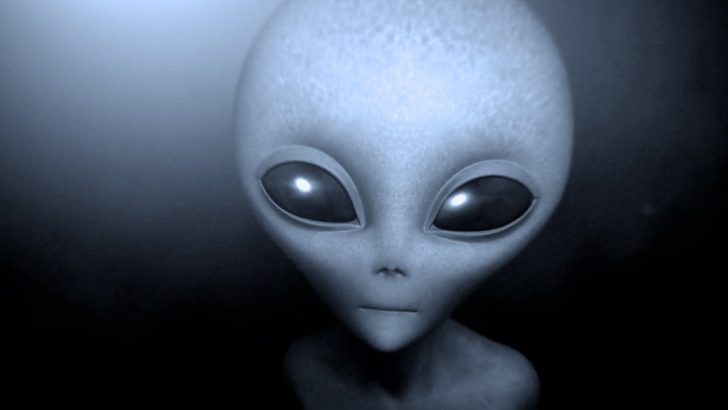Fundamental theological principles provide the framework for any doctrinal questions over the discovery of extra-terrestrial beings, a theologian claimed in a lecture on June 5.
While the Church does not have any specific teachings on extra-terrestrial life, theologians can speculate on the existence of these beings and their nature due to the “underlying principles” which influence Church doctrine, said Dr Christopher Baglow, director of the Science and Religion Initiative at the University of Notre Dame’s McGrath Institute for Church Life, on June 5.
“We have something, in a way, more essential than doctrine to guide us: What St John Henry Newman identified as the permanent elements in the development of doctrine, the underlying principles which animate doctrines,” he said.
“According to Newman, these principles are so important that they are the very life of doctrines,” and “an even better test of heresy than doctrine”, Dr Baglow said at a conference for the Society of Catholic Scientists in Washington DC, where he delivered the keynote speech titled “Extra-terrestrial Life and Catholic Theology”.
Regarding the possibility of an extra-terrestrial incarnation, Dr Baglow cited sacramentality and solidarity for why it could have occurred.
If rational life existed outside of earth and were to be discovered, it would not be theologically inconsistent to believe that the extra-terrestrial rational beings were creatures of God in need of a saviour to achieve salvation, he said. Dr Baglow referred to this as “incarnational plurality”, adding that God would not be limited by constraints.



